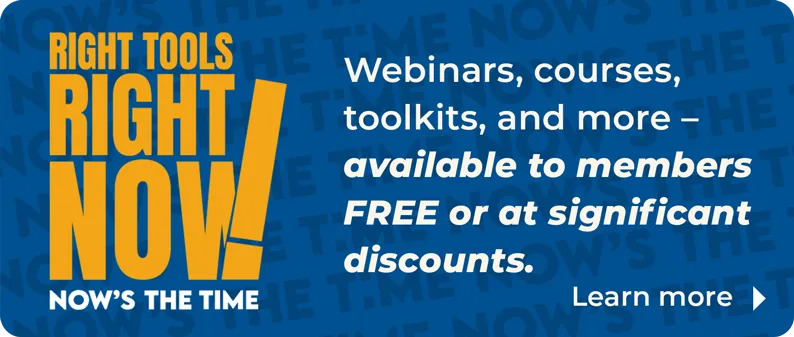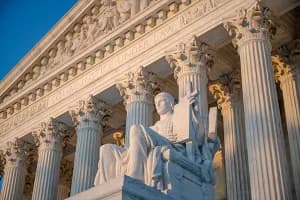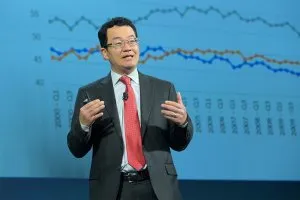Mr. Nobel did not originally create a Nobel Prize for economics. The prize for economists only began to be given out almost 70 years after the original prizes were created. It is unclear to me why the economics subject got added so late, rather than other worthy subjects such as history, entrepreneurship (Steve Jobs?), or public service.
Let me clarify a bit. To many non-economists, the subject of economics can be intimidating. It can be mindboggling to economists as well, though some know-it-all economists say otherwise, despite terrible consequences on occasion from applying economists’ recommendations to the country. The 1998 blow up of the Long-Term Capital hedge fund, which was created by two Nobel Prize winning economists, is one example. There have been Nobel Prize winners who served on the board of directors for Enron up to the moment of the company’s collapse and winners that have written a detailed analysis showing that Fannie Mae would be fine financially, just before its demise. With this caveat in mind, it is unclear why the Nobel Prize in economics continues to be given out, and not in other important subject matters.
Still, since the Nobel Prize carries the prestige of being the top echelon of prizes, it is worth reviewing the 2011 winners in economics: Christopher Sims and Thomas Sargent. While a graduate student, I recall that their articles and books were some of the most complex to follow because of the heavy duty mathematics included. However, the conceptual idea was quite simple. Their main premise is that people are mostly smart and adjust their behavior around a long-term outlook rather than day-to-day planning. For example, how will your consumption behavior change if I gave you $100? How much of it would you spend today? A lot or just a bit? I further say to you that you have to give that $100 back to me in a month. Now how do you respond? Most likely you would respond in a different way than to the first, unqualified question. That is the essence of the theory.
In today’s economy and applicability, the Nobel Prize winning theory is asking how people will respond to the latest $447 billion stimulus bill that is being discussed in Washington. Without discussing all the details, a big component of the stimulus calls for a lower payroll tax until January 2013. But the payroll tax rate reverts back to normal in 15 months, and some individuals will be levied a much higher tax to cover the tax revenue lost during the stimulus. Perhaps some people would spend more from the stimulus, while others would spend less - with the net effect being small. It remains to be seen.








